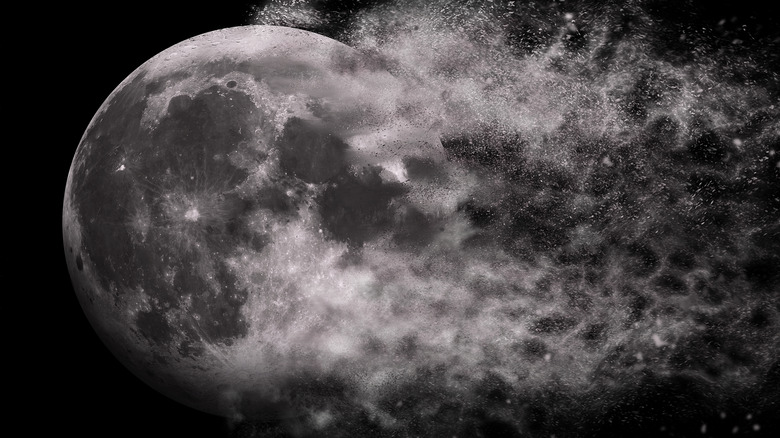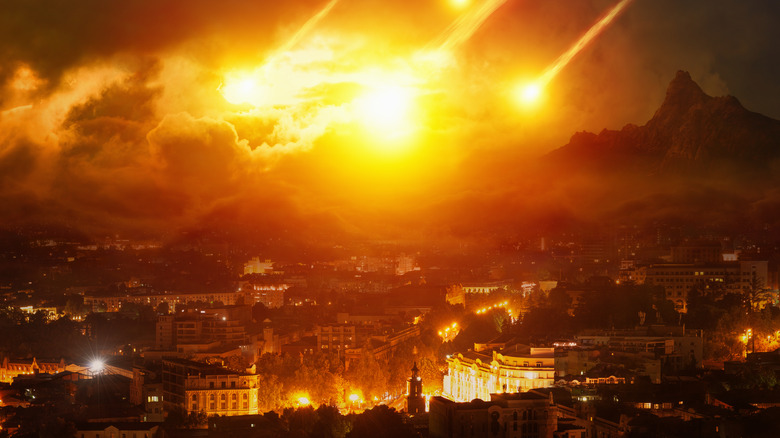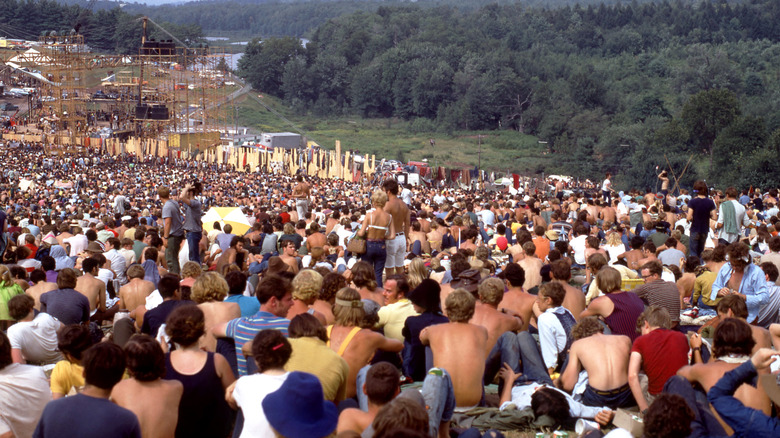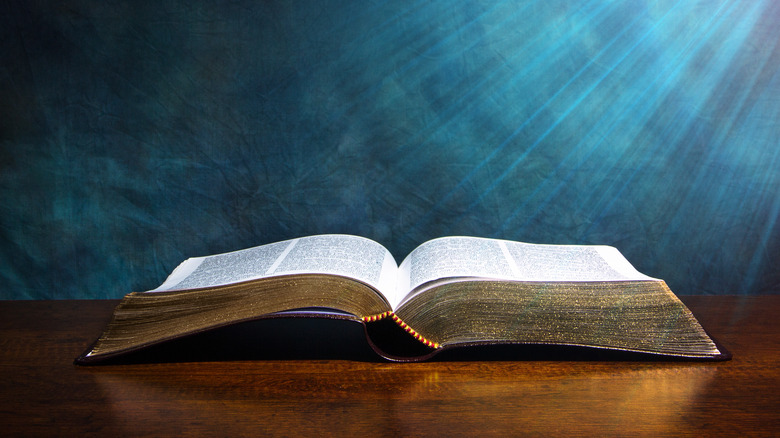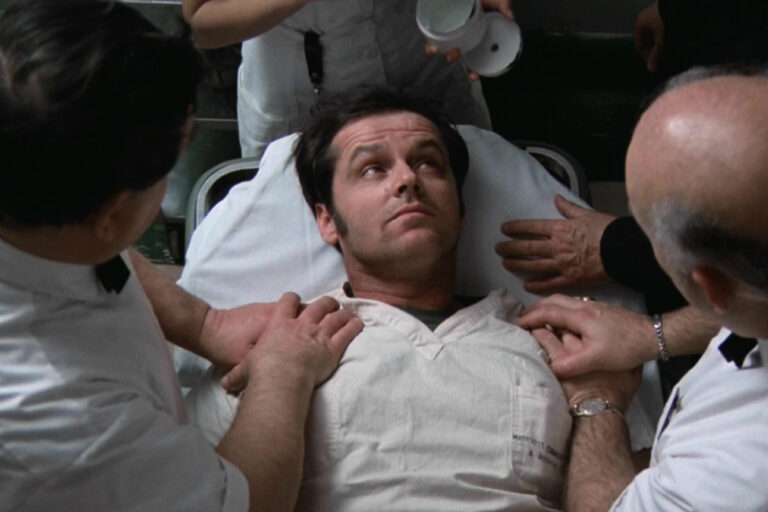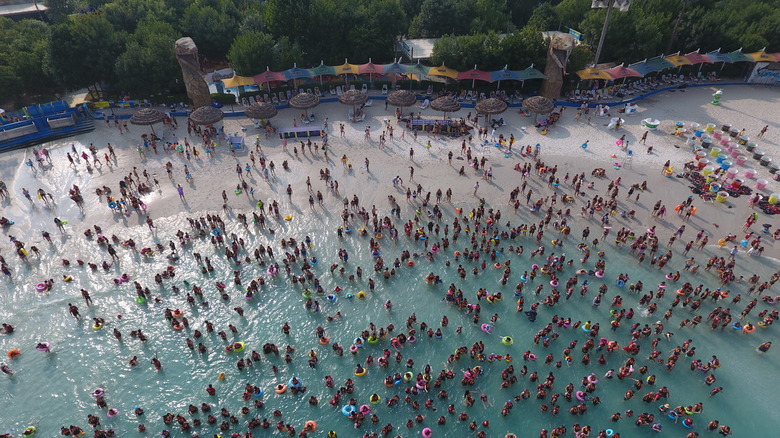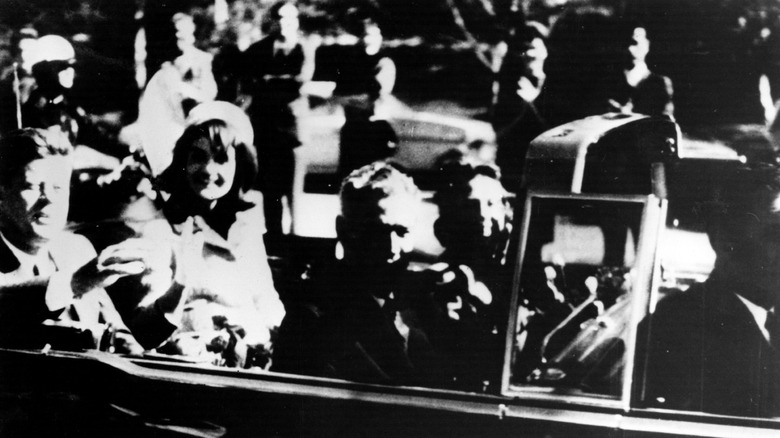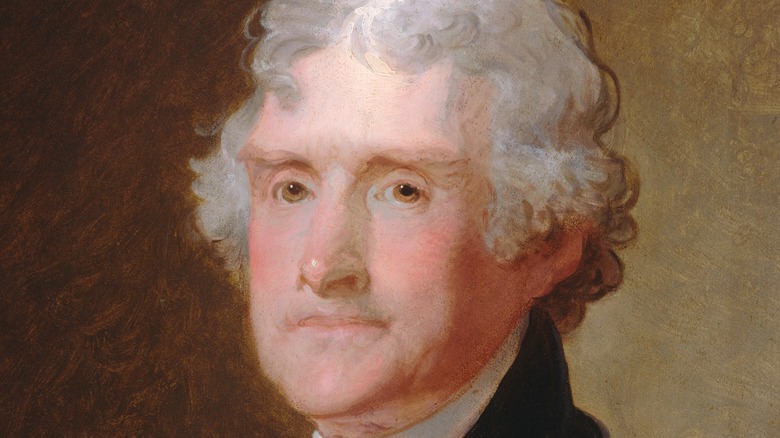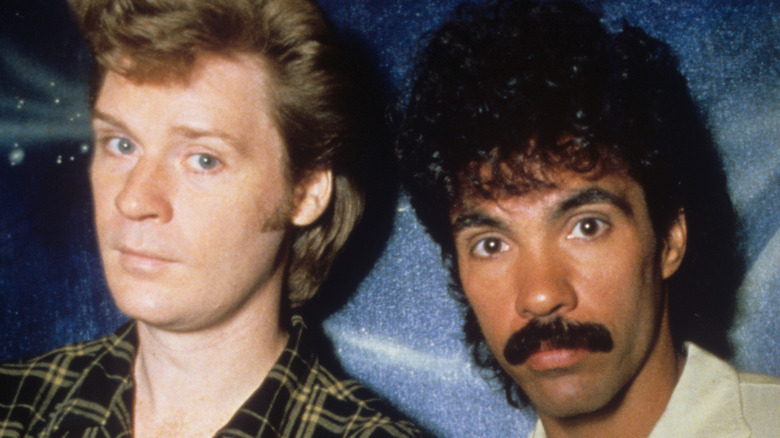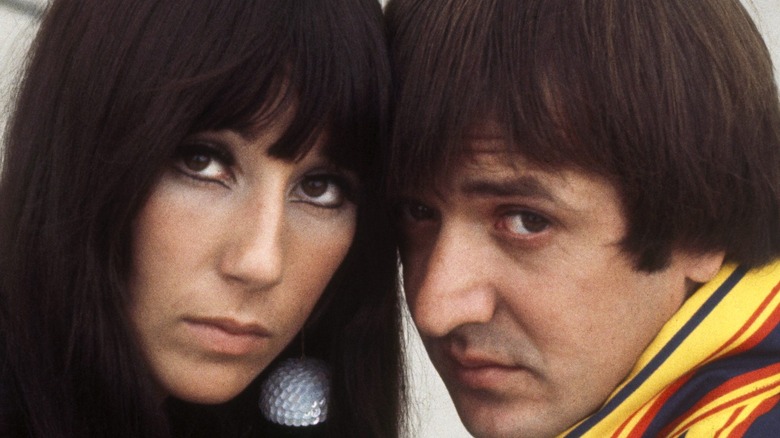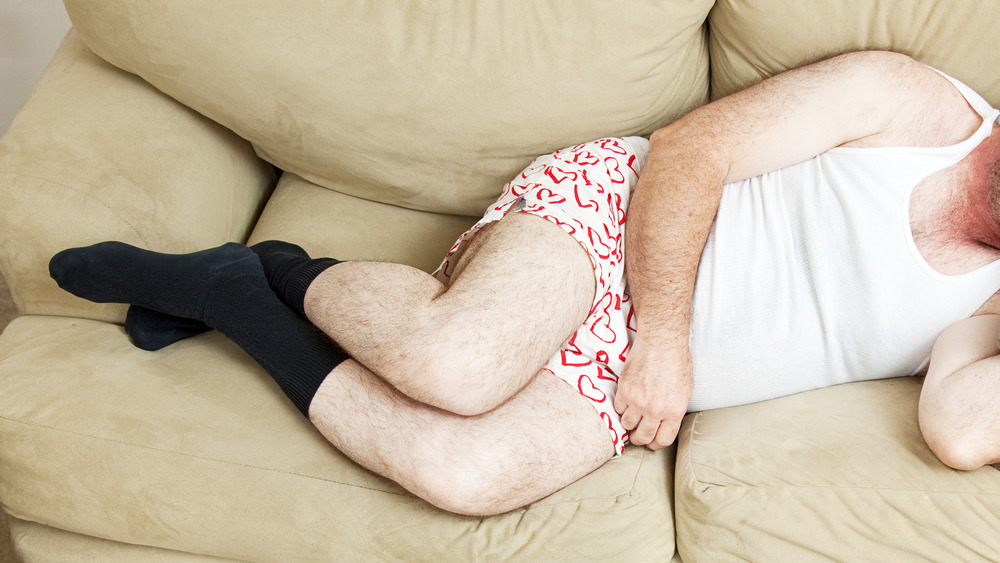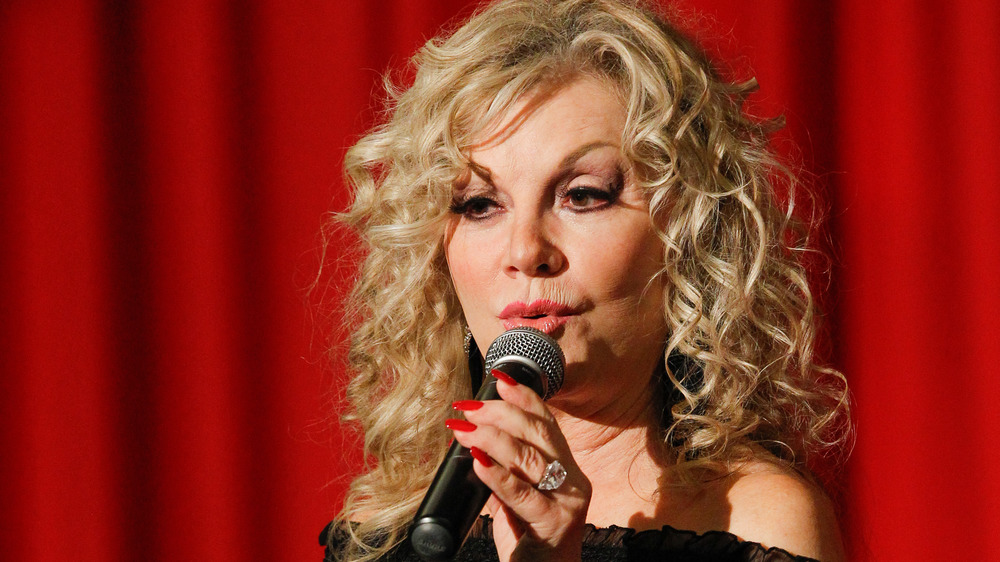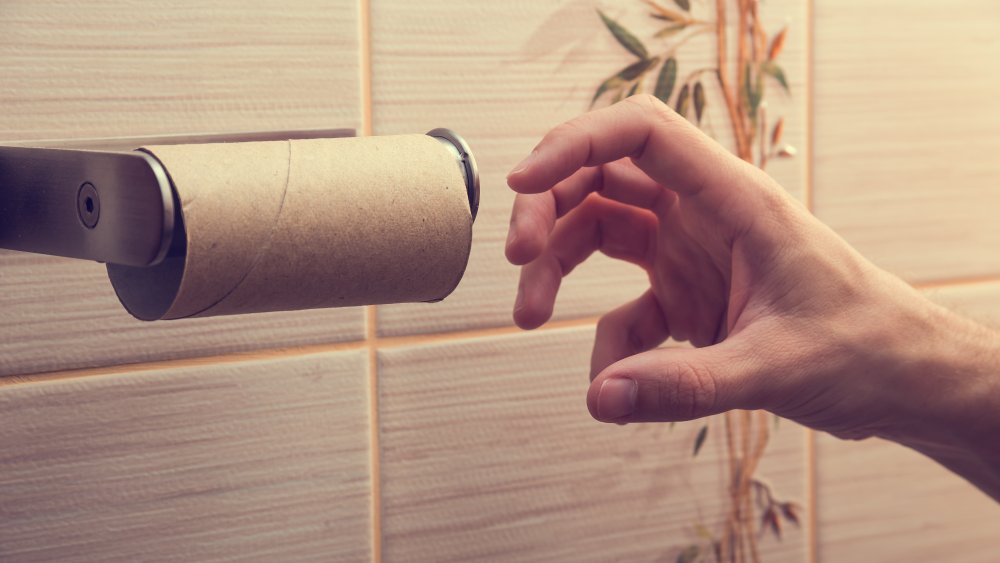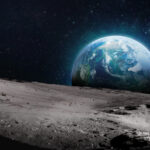
Here’s What Would Happen If The Moon Crashed On Earth
Our moon is Earth’s only natural satellite and the fifth largest moon in the solar system. It is also the only celestial body upon which humans have ever set foot. According to the American Museum of Natural History, the moon was likely formed when Earth and another planet crashed against each other. The impact produced debris that went flying into space and eventually formed into our moon.
The moon has a significant influence on our planet. It controls the ties, stabilizes the climate, and makes Earth more livable. Animals also make use of moonlight to hunt at night and guide themselves; birds use it to migrate and navigate. And although scientists aren’t sure exactly how corals choose their one time per year to spawn, they do know it always happens after a full moon (via National Oceanic and Atmospheric Administration).
Can the moon also affect your mood, make you a little crazy, make people commit murder? While there are many questions about how (and if) the moon affects humans, the scientific evidence is so far inconclusive. Still, a 2013 study found that it did not only take participants a full five minutes longer to fall asleep on full moon nights, but they also spent less time in deep sleep (per Royal Museums Greenwich).
With the moon actually having such a big impact on life on Earth, what would happen if it got closer? Or even if it fell and crashed into our planet?
Things start to get bad as soon as the moon moves closer
First, the good news: the moon actually spins away from Earth at a rate of 3.8 centimeters (1.5 inches) per year. The bad news, however, is that if you fast-forward 65 billion years from now, as Forbes explains, there’s a chance the moon might actually change course and instead accelerate towards Earth. (Good news again: neither you nor anybody you know will be here to see it.)
Let’s say that for some reason which science cannot explain at the moment, this starts to happen much sooner than that — like in a few years. This would not be fun for anybody, including nocturnal animals or coral, who would suddenly be confused by the super bright thing up in the sky. But it’ll be even worse for us because of the gravitational exertion of the moon on tides. Simply put, any coastal city — think New York and London — would be swallowed by monstrous tides (via Space Answers). This would not be one-time thing either. According to Slate, the miles-high tides would repeat around the world many times a day, destroying absolutely everything and then pushing the debris inland over and over again.
If that doesn’t sound bad enough, then there will also be massive earthquakes, volcanic reactions, and an increase in the core temperature of the planet. If the melted magma ended up released into the oceans, we could see the water simply boil away, according to Slate.
If the Moon kept getting closer, at one point it would explode
Once the moon reached a distance of 11,470 miles above our planet, it would be at the Roche limit. By this point, the tidal waves on Earth would be about 30,000 feet tall, so nothing much would be left of life as we know it in coastal areas. As the moon got closer, it would have also affected the rotation of Earth, shortening days and affecting temperatures, making a new Ice Age very much a possibility (via INSH).
According to Space, once the moon reaches the Roche limit, it’s all pretty much over. This is the point where tidal forces are stronger than gravity — meaning there are more forces pulling the Moon apart than holding it together. Soon, the moon will shatter into pieces and, at least for some time, these pieces will form a stunning ring around Earth, much like the rings around Saturn (per Space).
So while there’s not much risk of the entire moon crashing into Earth, pieces of debris will eventually start falling to Earth, destroying cities, causing massive craters, and potentially destroying all life on Earth, according to INSH. If most of the bigger pieces of debris would fly into space instead of raining down on Earth, some life could maybe (and that’s a big maybe) survive.

Did Witch-Hunters Only Kill Women?
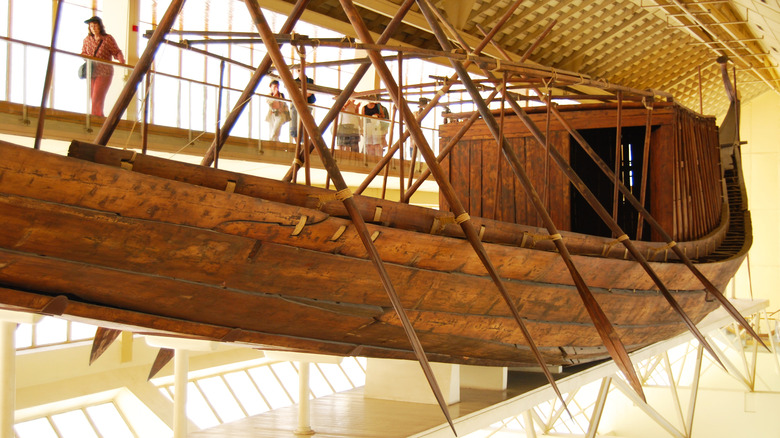
The Truth About King Khufu's Solar Boat
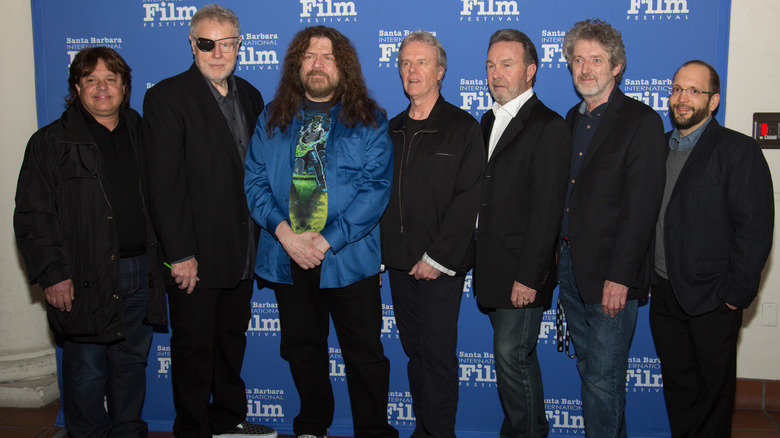
This Is How Long Kansas' Debut Album Really Took To Make

The Lost Leonardo: The Stunningly Low Amount Salvator Mundi Sold For In 2005
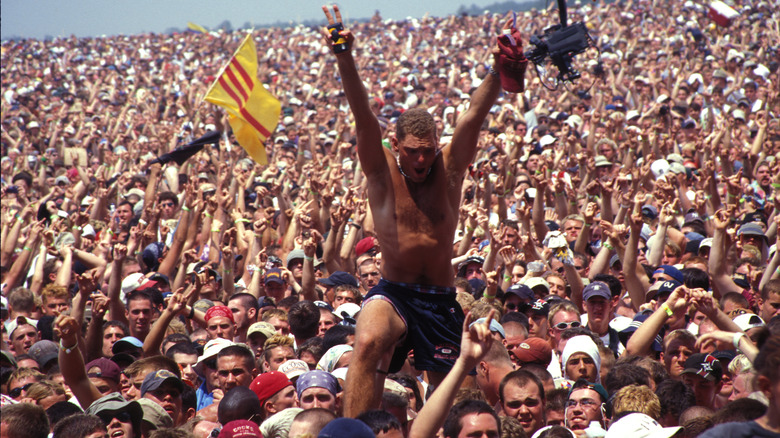
What Woodstock 99: Peace, Love, And Rage Didn't Tell You
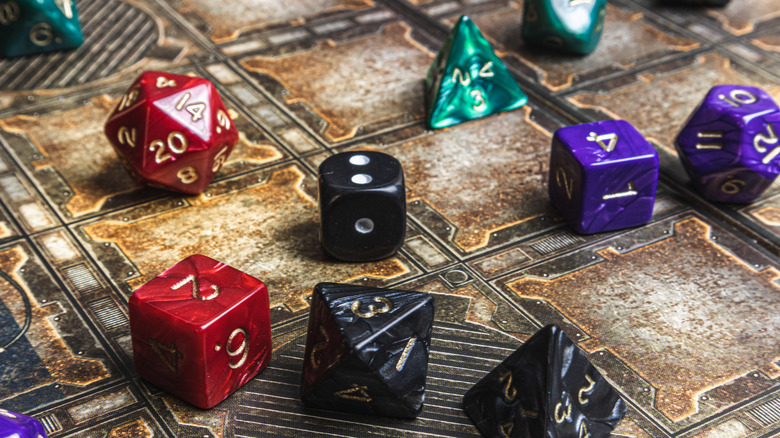
The Tragic Death Of Irving Lee Pulling

The Truth About Why These Body Parts Never Seem To Stop Growing
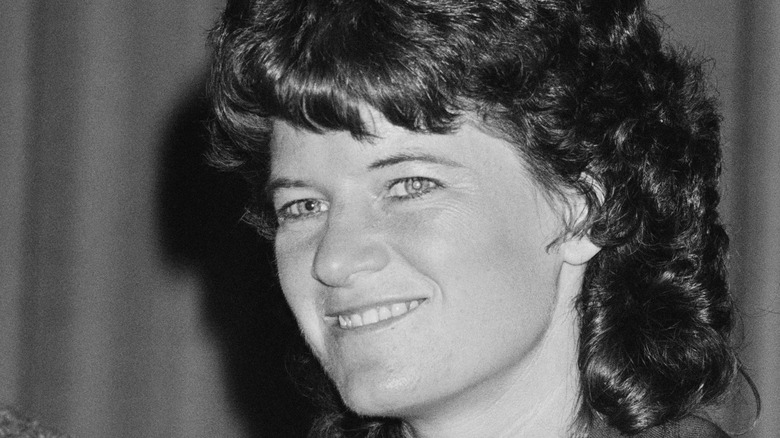
The Tragic Death Of Sally Ride

The Truth About The Time Elon Musk Went Completely Broke
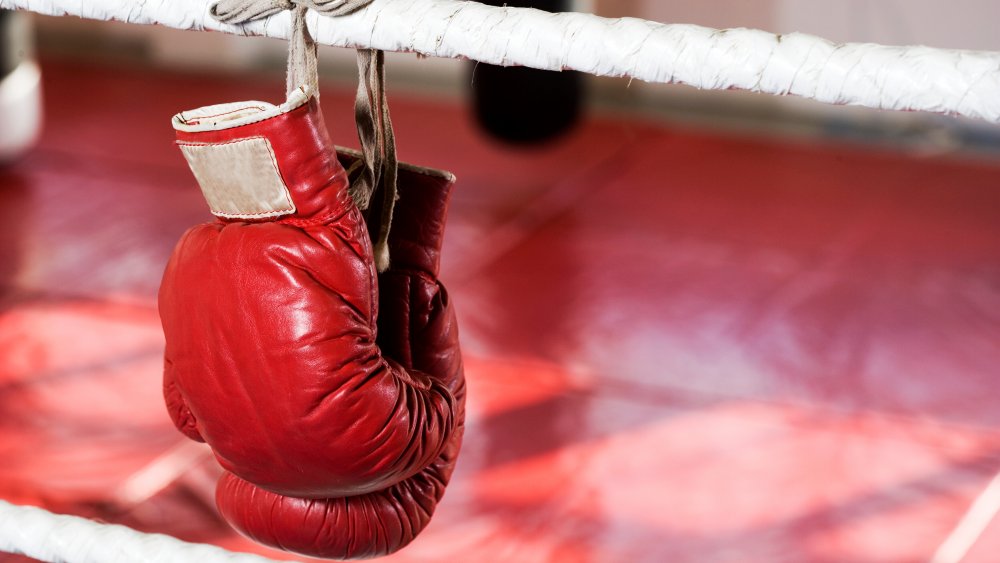
The Tragic Death Of Boxer Duk-Koo Kim
